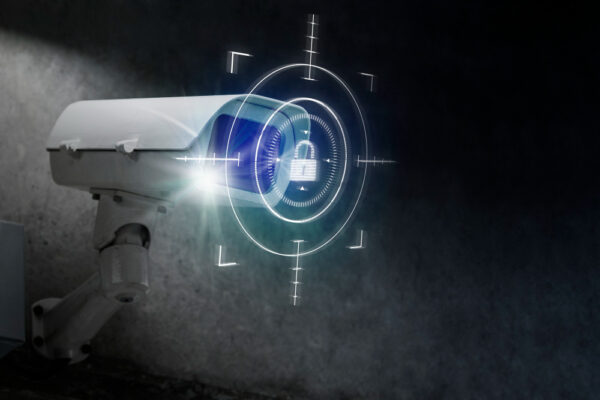Surveillance laws are a hot topic in today’s society, especially when it comes to the rights of investigators. In order to ensure that justice is served, investigators often need to monitor individuals and collect evidence. However, this comes with a potential violation of privacy. It’s important to understand the laws and the rights of investigators when it comes to surveillance.
What are surveillance laws?

Surveillance laws are a set of regulations that govern the use of surveillance techniques. These laws are in place to protect the privacy of individuals and prevent the abuse of surveillance methods. In the United States, the most relevant surveillance laws are the Fourth Amendment to the Constitution, the Electronic Communications Privacy Act, and the Foreign Intelligence Surveillance Act.
What are the rights of investigators?
Investigators have the right to collect evidence and monitor individuals in order to solve crimes. However, in doing so, they must abide by the laws and regulations that govern surveillance. Investigators must obtain a warrant or court order to conduct surveillance in most cases. Additionally, investigators must follow specific procedures when collecting evidence, such as not violating the privacy of individuals who are not under suspicion.
What are the potential violations of privacy?
While investigators have the right to conduct surveillance, there are potential violations of privacy that can occur. For example, investigators may use surveillance techniques that are not authorized by law or may collect evidence in a way that violates an individual’s privacy. These violations can have serious consequences and can even result in the dismissal of a case.
What are the consequences of violating surveillance laws?
If an investigator violates surveillance laws, there can be serious consequences. Evidence that is obtained illegally may be inadmissible in court, which can lead to the dismissal of a case. Additionally, investigators who violate surveillance laws may be subject to disciplinary action or even criminal charges.
The laws surrounding surveillance are complex and can be difficult to navigate. However, it’s important for investigators to understand these laws in order to ensure that their investigations are conducted legally and ethically. By following the appropriate procedures and obtaining the necessary warrants, investigators can collect evidence while also respecting the privacy of individuals.

